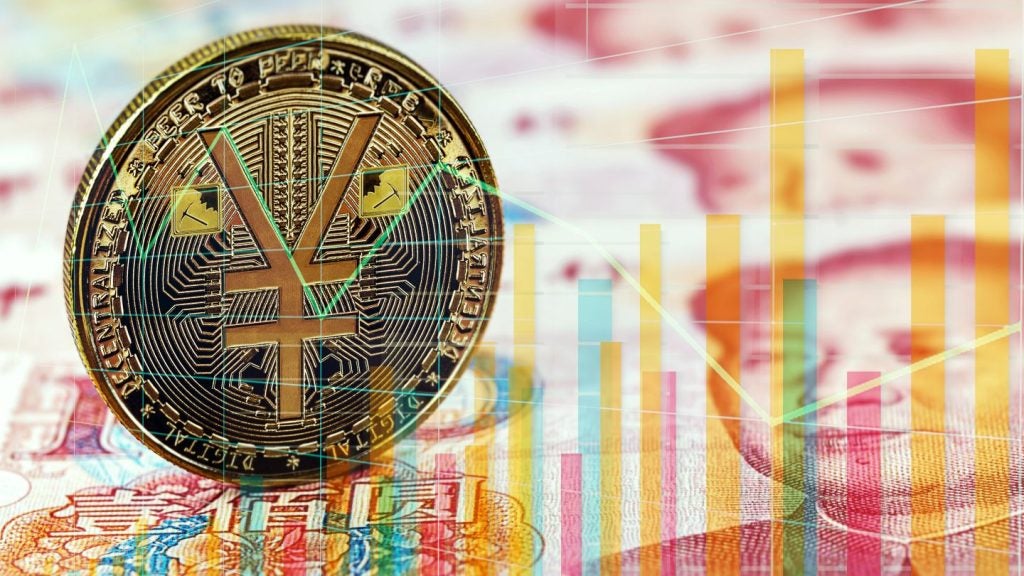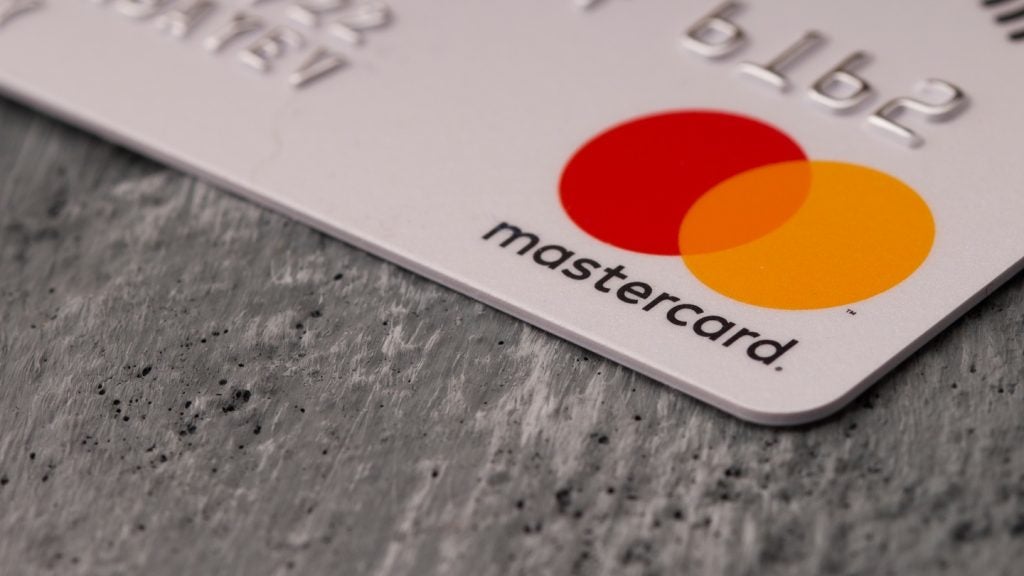The payments industry is seeing an influx of institutions trying to get their own share of the sector. One of the most interesting trends is the emergence of social media providing a payment option, but everybody is wondering if they will actually be successful? Patrick Brusnahan investigates
With the growth of brand identity within the social media industry, the sector has turned its head towards payments. While banks are constantly trying to regain trust after the global financial crisis, these social media brands already have this trust in spades. For example, according to Interbrand, Facebook’s brand value was worth $14.3bn this year, an 86% rise in comparison to the year before. In comparison, the biggest bank brand is HSBC which is only valued at $13bn.

Access deeper industry intelligence
Experience unmatched clarity with a single platform that combines unique data, AI, and human expertise.
The potential for companies such as Facebook and Twitter seems to be enormous. However, Phillipp Nieland, co-founder and CEO of the PPRO Group, does not see that to be the case. He believed that "Facebook and Twitter, in the long term, will not be successful in the payments area".
Nieland believes that Facebook sees payments not as a separate thing, but just another way to gain data on the consumer. He said: "Facebook sees all these companies and all these users with a presence on the site. Companies have Facebook pages, they have followers and they have potential customers. Now, all of these companies inside the world of Facebook should be able to sell their products in that environment.
"The idea behind that is for Facebook to collect more data about their users. If you know what they buy, you know what they think. That’s what Facebook wants, to be more target specific."
Nieland focussed on the data aspect of the developments. He said: "You trade your personal information with a website to stay in contact with your friends. Facebook uses this data to place ads and earn money. The more statistics they can gain on the consumer, the better it is for companies that advertise on Facebook and the more they are willing to pay. If you look at what Facebook has done in the last two months, they can now track users across all of their devices. Collecting their purchase habits is just the next step in getting more insight into the consumer."

US Tariffs are shifting - will you react or anticipate?
Don’t let policy changes catch you off guard. Stay proactive with real-time data and expert analysis.
By GlobalDataWhile Facebook does have the trust of their users when it comes to information such as likes and location, purchases are a different task altogether. It has a huge userbase, with the majority of users being active, as well as 50% of their hits being on mobile devices. However, getting consumers to trust Facebook as a suitable payment alternative is an entirely different challenge. Neiland agreed, saying that ‘"with money, people are much more sensitive".
He added: "Personally, I would not purchase anything on Facebook because I don’t want them to know what I do and what I want. I think most users are the same. In their keynote speech regarding this topic, they didn’t mention this. I’m not sure if they’re not aware or refuse to see it, but the biggest challenge is gaining trust from people so they are willing to buy things in the Facebook environment."
Facebook has a global presence, but to install a payments option worldwide is another obstacle that the company would need to overcome, mainly due to regulatory needs. Neiland said: "Facebook rolled out its website across the whole globe in around eighteen months. That’s pretty simple. You need to localise it and have different languages, but that is pretty simple. To roll out a payments system globally is different. It’s difficult because every country has its own regulation. Even Europe, which has, or should have, a unified regulated environment, has different rules for each country.
"The same problem lies in the United States. 50 states, 50 sets of rules. If you look at South America or Asia, it’s even worse because they are not unified regions. To roll out a payment system across the globe is much more challenging than rolling out a website. It will take it years to get into every corner of the globe. If you look at the world today, it’s changing in different regions. There are a lot of sanctions and difficulties in moving funds back and forth and Facebook will have to face all of these challenges in the future."
Another problem lies with other popular brands taking up payments. Apple Pay was launched in 2014 with many more on the way. Services such as Snapchat and Whatsapp, which already have large userbases and easy-to-use systems, are gaining traction in this arena. Snapchat, with 100 million active monthly users, has already launched their payment service, Snapcash, in the US.
Lieland believes that these sorts of payments will eventually win the social payments war. He said: "The chat systems like Snapchat or Whatsapp already have consumers. They do not store their customers’ data, or at least claim not to, and it’s not a worry for the consumer. People will trust them more. Especially when it comes to p2p payments, or even to merchants, I think these will be the main systems and be successful in the end."
In terms of the ease of use, Lieland believed that was a significant factor. He added: "I fully see that. Whatsapp and Snapchat are on all mobile phones. You need to have an authentication mechanism, a tool that is always with you, and that is your mobile phone. People are used to utilising Whatsapp and Snapchat a hundred times a day. They know it, they have it on their phone and they don’t want to miss it if they change their phone. The first thing they do when getting a new phone is install Whatsapp or Snapchat and I think that’s the key; keeping your consumers on your system. For them, it will be pretty easy to convert it into a payment system."
Banks are responding to this new integration in the financial sector. As more and more engagement is taken away from financial institutions, the market is looking for ways to fight back before they are made redundant. Lieland said: "I have a lot of contact with the banks and what I can see today is that it’s not only Facebook, it’s all these FinTechs which are making life hard for the banks. They attack the banks’ business model in a lot of different areas. If you look at Wonga or Forex, these are all things that take away business from the banks. The banks today have a lot of fear that they are losing on all angles of their business.
"The biggest disadvantage the banks have is regulation. They have a big obligation to fulfil regulatory requirements and all these new things have much less obligations. This is the reason for a lot of this fear. Some are turning around and saying, ‘Look, whatever these places are doing, they need some sort of access to the financial system’. This means that they can stay in the loop and keep a lot of business instead of losing it to another bank or a FinTech."
Away from engagement, trust from consumers is another issue for banks. After the financial crisis and with banks under more scrutiny than ever, consumers are looking for alternative measures. Lieland stated: "The trust in banks is not there anymore. The advantage they had for years, or even centuries, is not there anymore. In the last few years, they lost all of it. The big fear is that the whole market is changing and they cannot stop it because the consumer now has control. The consumer tells the market what he wants. There are enough companies out there to provide what the consumer wants. The banks are still under the idea that the consumers have to take what they are offering. That’s the big difference. Banks are too slow, too big and too regulated to keep the pace. They cannot change as much as they’d like to."
Some would argue that the best way for banks to counteract this threat is not to fight it, but to adapt and follow their competitors’ path. In other words; if you can’t beat them, join them. Lieland agreed: "If you look at other industries, like the music business, they tried to fight piracy for years and lost. They are now successful again because they have a business model which fits the needs of the consumer. Fighting a change in the market is not the best way to proceed. The banks need to adapt and decide the value they can bring to the table.
"The value, I believe, is the banks’ access to the financial system. Everybody needs access to the old financial system, apart from the Bitcoin market, but that’s a completely different area. If the banks see that, and some are looking into it, they would need to understand that they need to provide services to the FinTechs and give them access to the financial systems. We need to produce products around that and make money through that instead of trying to compete with our old business model which we’ve used for the last 20 to 25 years. It’s changing now and they can’t stop it. The consumer wants it to be very easy and straightforward and this is something that the banks cannot currently provide."
Nieland concluded: "More and more consumers will leave banks and begin using more and more FinTechs for their specific needs. In ten years, you will not be a customer of a bank anymore. I’m pretty sure of that."







